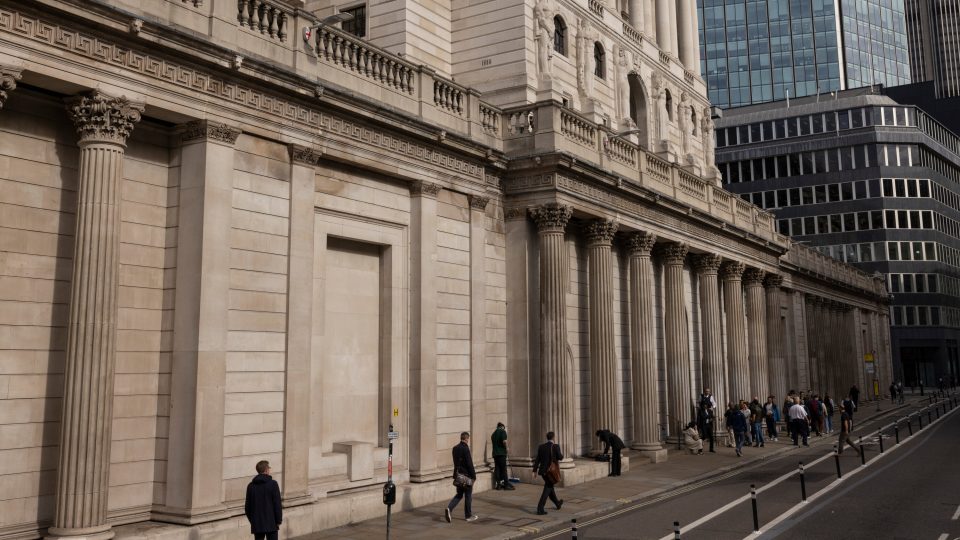On Wednesday, British government borrowing costs jumped again after the Bank of England Governor told pension funds they had three days to fix liquidity problems before the bank ends emergency bond-buying that has provided support.
While the 20-year gilt yield hit its highest in 14 years at 5.141 per cent, 30-year yields passed 5 per cent for the first time since the BoE began purchasing bonds on September 28 to try to calm turmoil triggered by Prime Minister Liz Truss’s tax cut plans.
However, the pound rose over 1 per cent, recovering from falls sustained late on Tuesday after the Governor delivered his blunt message on the sidelines of the International Monetary Fund meeting in Washington.
Lately, British financial markets have been under strain since Kwasi Kwarteng, the new finance minister, announced the string of tax cuts. It is said that the cuts are needed to get Britain’s economy rising again. Reportedly, data published on Wednesday suggested the economy was heading for a recession.
The rise in borrowing costs has hammered some pension funds, prompting the BoE to launch the bond-buying programme, the maximum daily size of which it doubled on Monday and then expanded to include inflation-linked bonds on Tuesday.
Yields rose across maturities on Wednesday with the sharpest increase in 30-year gilts. Yields for index-linked bonds also rose.





